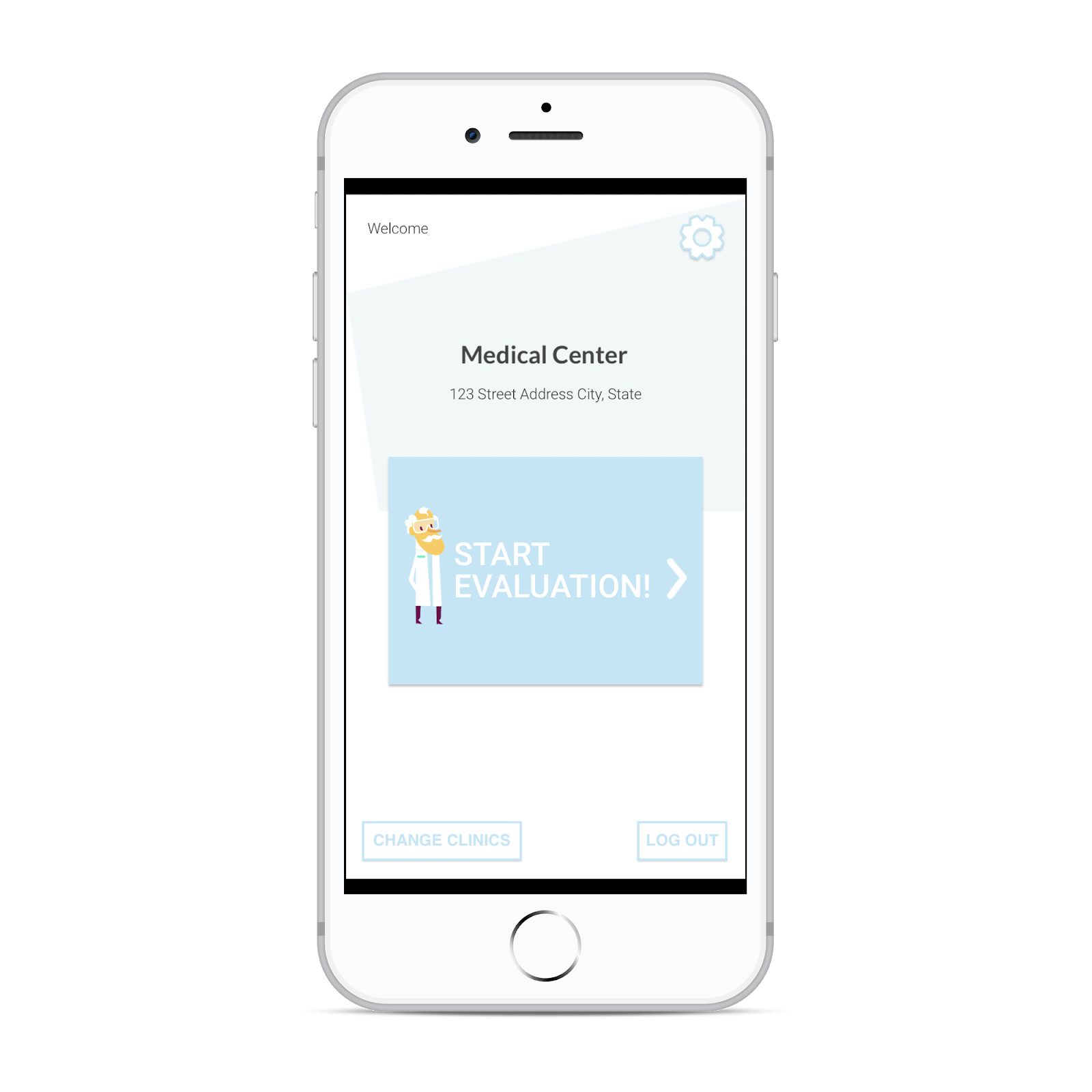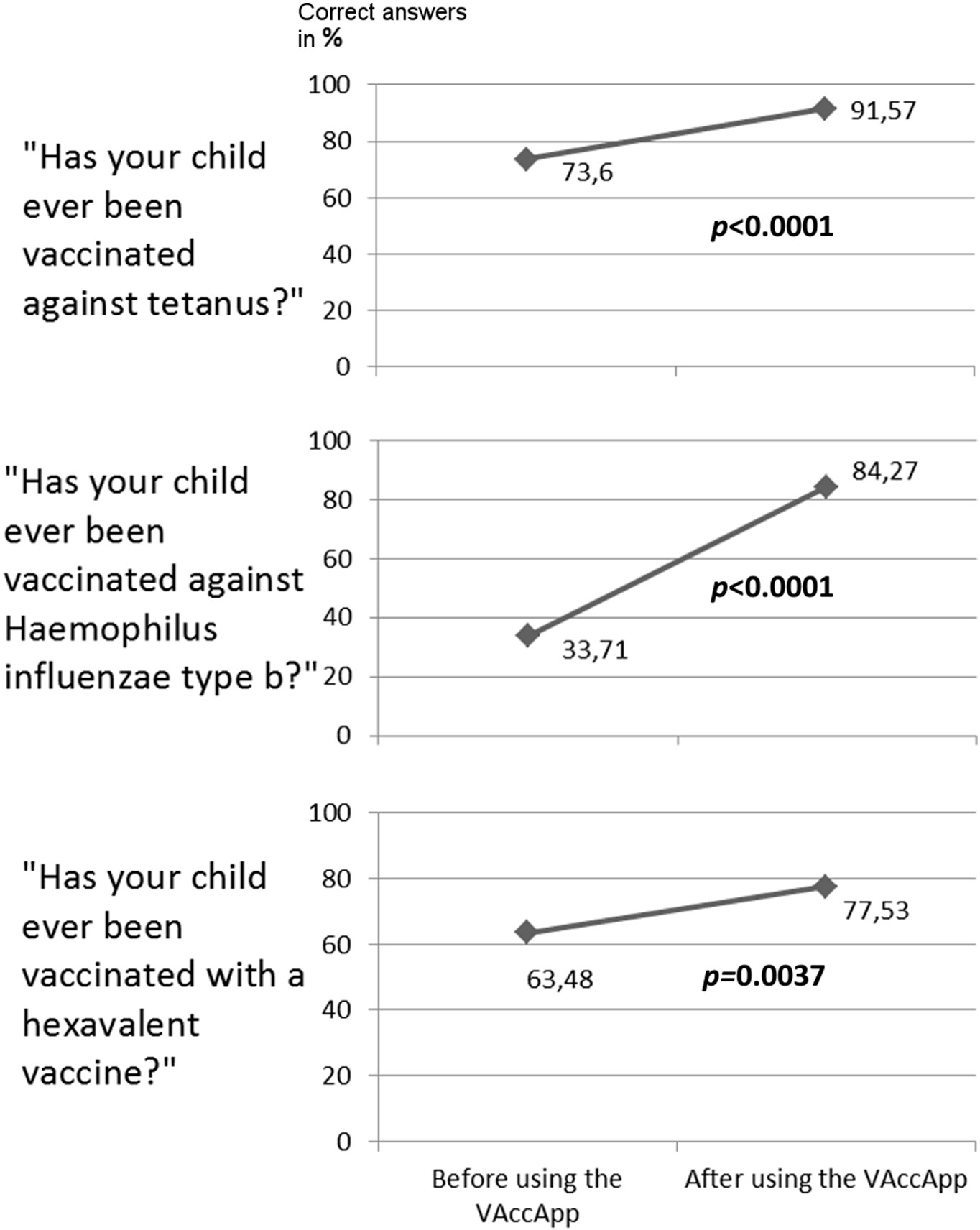Migration is often unplanned: faced with imminent danger, families pack up their essentials and leave the rest – including documents such as health records or immunisation cards. Aside from some clothes, medicines and a smartphone for communication, most people begin a chaotic chapter of their lives with very few belongings.
‘There can be several reasons for migration, but the most concerning is sudden migration events after a disaster or during a war,’ says Dr Barbara Rath of the Vienna Vaccine Safety Initiative (ViVI). ‘People may also move in phases, with children vaccinated at several locations – perhaps moving from Afghanistan to Iran to Turkey before reaching Germany.’
Dr Rath, a paediatrician who worked with hundreds of children at a shelter in Berlin in 2016, during the peak of the migrant crisis, said it can be impossible to know a child’s vaccine status when they arrive. ‘We don’t know what gaps to close, so we often repeat immunisations to be on the safe side, but this leads to needless duplication.’
Other challenges also arise from the lack of documentation. In some central Asian countries, all children’s birth dates are listed as 1 January of the year in which they are born; other countries use lunar calendars. Clinicians must estimate the child’s age when determining which vaccines are appropriate.

Technologies can help to address these problems, while also empowering patients to take a more active role in their children’s health. The VAccApp, developed by researchers in Germany, combines patient education with a digital immunisation record. Its user-friend interface makes it easy for parents to update their own records and those of their children.
The educational component of the app has been shown to improve parents’ ability to provide an accurate record of their child’s vaccination history.
‘While this is not a problem that only affects migrants, people who have left challenging situations behind face additional hurdles when it comes to completing health records in retrospect,’ says Dr Rath. ‘Their records may be hard to get from hospitals in their home country or their treating paediatrician at home might also have migrated. People thinking about migrating or who live in areas with high risk of disruption due to natural disaster should actively keep the app up to date.’
 The Vienna Vaccine Safety Initiative is working on migration issues through the Migration Health Research portal, the Monarch Collaboration and other global initiatives.
The Vienna Vaccine Safety Initiative is working on migration issues through the Migration Health Research portal, the Monarch Collaboration and other global initiatives.
They have also developed another application aimed towards migrants, the ViVI Health Survey. This app is designed to objectively assess the experience of children and families escaping from natural disasters or armed conflict. The tool assesses everything from medical complaints to environmental exposure, allowing responders to identify hotspots of need in real-time and distribute resources, including vaccinations, accordingly.
Dr Rath says people who have migrated are at increased risk of infectious diseases – a fact brought home by the ongoing COVID-19 outbreak. Her team also has a mobile app that measures disease severity in acute respiratory infections such as flu, and it has been adapted to assess COVID-19.
The ViVI Disease Severity Score can rank a person’s symptoms, as well as their relative risk, on a simple scale using a two-to-three-minute assessment via mobile app. The score has been validated in thousands of patients of all ages to ensure that multiple different healthcare providers will get the same result.
Having a uniform measure for disease severity would allow providers working under unprecedented stress to more easily identify which patients are in highest need of scarce resources.
‘With the current pandemic, some of the most at-risk people in the world are those who have been displaced, either internally or who are stuck travelling somewhere,’ she explains. ‘Their urgent health needs such as access to insulin, asthma inhalers, even spectacles, are disrupted. Now they face the impossible task of social distancing while living in cramped conditions. When there are outbreaks, there are large clusters of cases among displaced peoples. We see this not only with COVID-19 but also with flu, pneumonia and other infectious diseases.’
ViVI is now working on a way to give people, including those on the move, access this tool so that they can self-score their symptoms, even if they don’t have a thermometer available.
Embedding technologies tools – like immunisation apps – in national healthcare, cross-border healthcare and pandemic preparedness plans would help people around the world to adapt to severe disruption to health systems as well as to sudden migration.
Read more: ECDC issues migrant screening and vaccination guidance
Learn more about the Vienna Vaccine Safety Initiative: https://www.vi-vi.org




